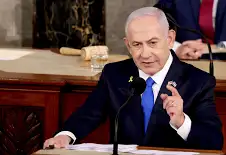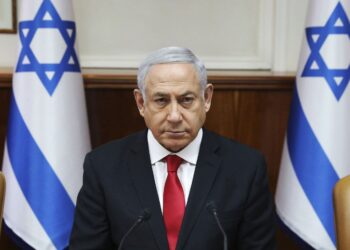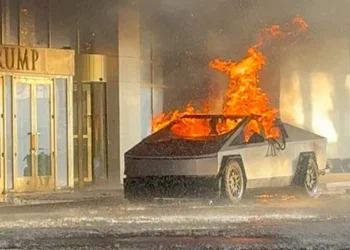Ceasefire Debate in Gaza: Netanyahu-Hamas Shadow War Continues
The ceasefire talks that have been awaited for days in the Gaza Strip have been dragged into a new uncertainty by Netanyahu’s last-minute decision. The fact that the ceasefire did not go into effect at the scheduled time points to both technical problems on the ground and the political maneuvers of the parties. However, there is a clear truth: The parties have now taken the war to a psychological dimension.
Netanyahu’s Strategic Move
Israeli Prime Minister Benjamin Netanyahu announced that the ceasefire would not start until he received the list of prisoners to be released. We can say that Netanyahu is making a show of power both to his base and to the international community. In particular, the threat of an Israeli source speaking to Maariv, “We will not back down if the list is not delivered,” reveals that this move is not just a search for time.
This attitude of Netanyahu is testing the patience of both Hamas and international actors. However, another reason behind this strategy may be to convey the message to the Israeli public that “the administration is in control.” At a critical point, it is obvious that Netanyahu’s efforts to save his political future are deepening this shadow war.
Hamas’ Claim of “Technical Problems”
The Hamas side, on the other hand, attributes the failure to deliver the lists to “technical problems on the ground.” Although this statement reaffirms that they are committed to the terms of the ceasefire, it also reveals that the complex operational conditions in Gaza could undermine this process. However, it is also true that the emphasis on “technical problems” is a very general statement and diverts attention from what is really happening on the ground.
In particular, how Hamas will manage this delay without losing international diplomatic support is a critical element that will determine the future of the ceasefire. Because giving the impression of lack of control on the ground could give the other side an important trump card.
The Meaning of the Ceasefire and the Realities
These events in Gaza show that the ceasefire cannot be implemented with just words. A ceasefire is not a protocol signed on paper; it is a process in which conditions and trust must be established on the spot. Here, not only the technical or strategic but also the moral responsibilities of the parties are important.
Final Word
Aside from Netanyahu’s security assessments and Hamas’ technical problems, this ceasefire has great significance for the daily lives of the people in Gaza. It is imperative that the international community steps in and puts pressure on this process to be carried out transparently and effectively. However, at this stage, it is necessary to understand that the ceasefire is not just a disarmament, but an effort to resolve the crisis of trust between the parties.
Although peace in Gaza may seem like only a hope for now, this hope must be carefully preserved. Otherwise, history will repeat itself once again and the losers will once again be civilians.

































